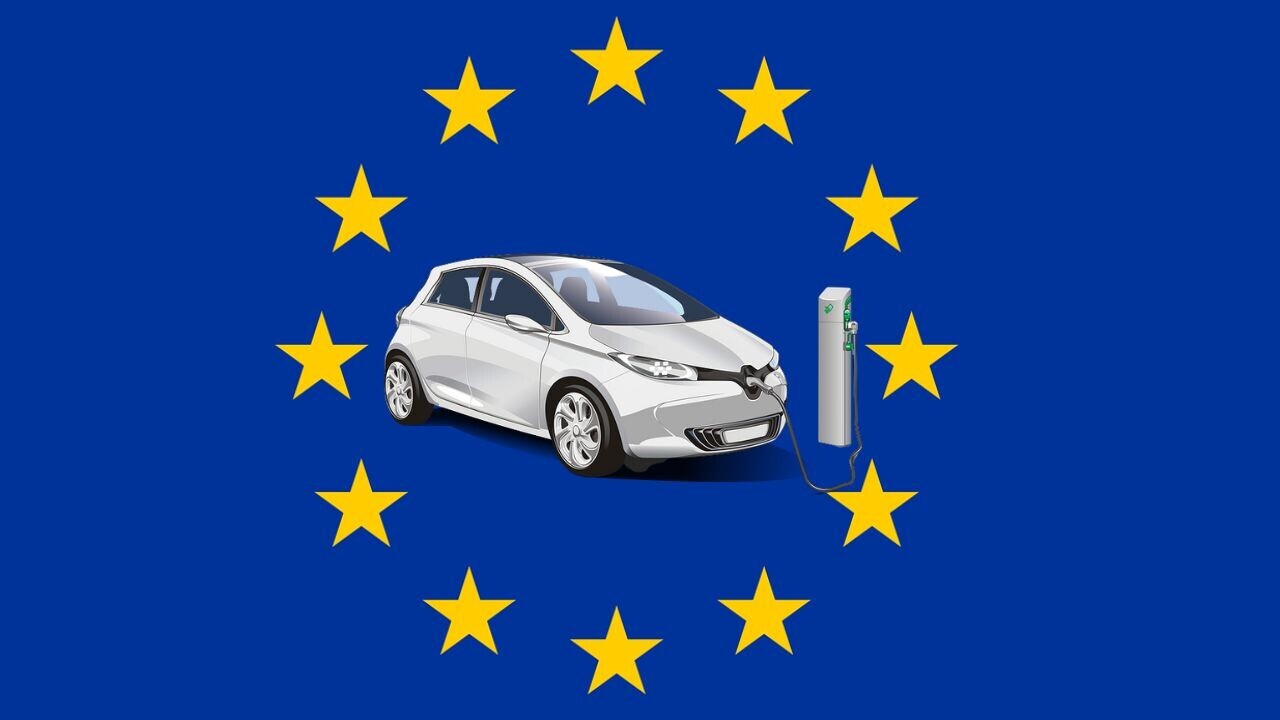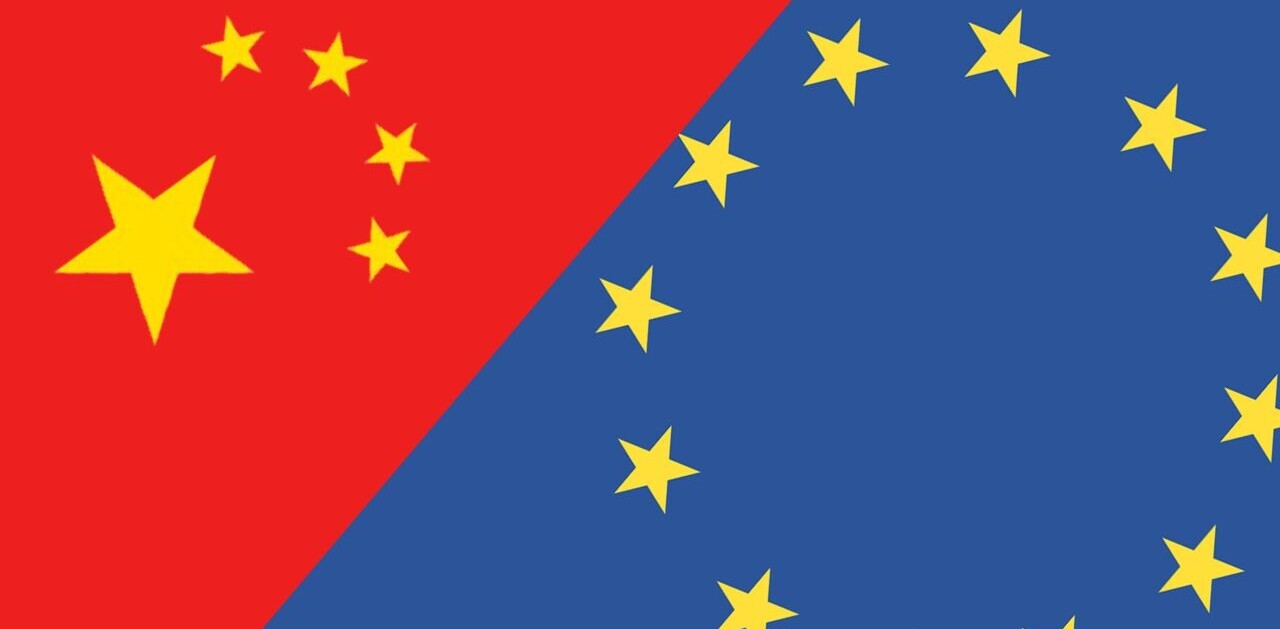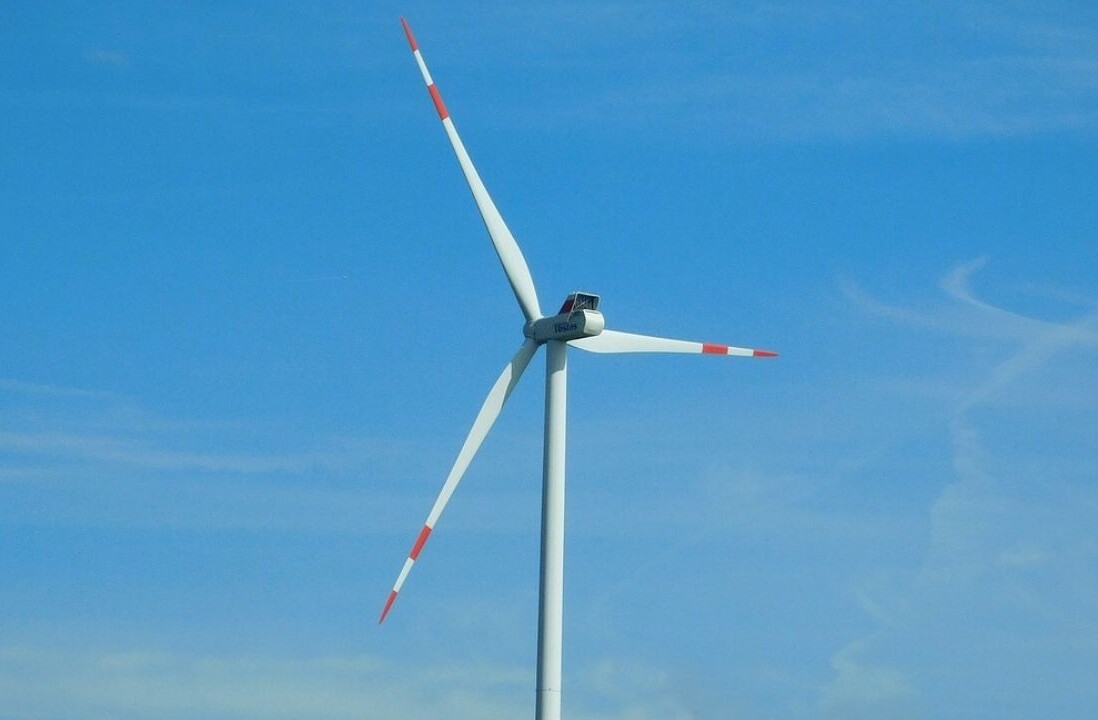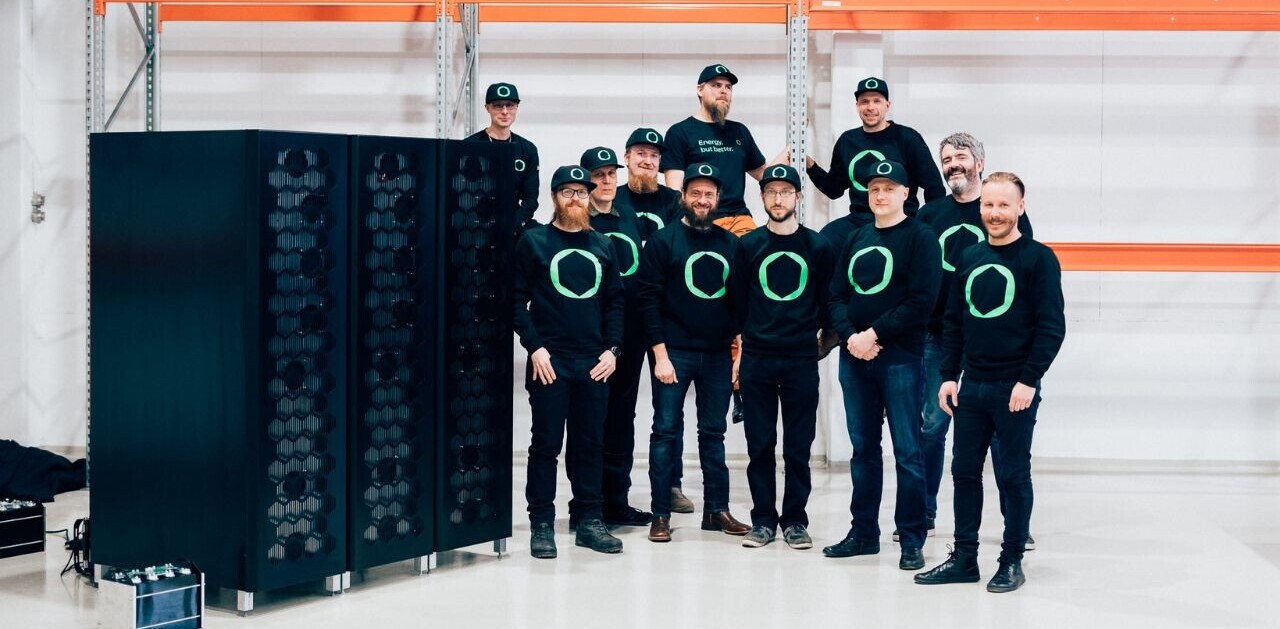
The EU risks falling short of its ambition to become a global superpower in EV battery production, a report by the European Court of Auditors (ECA) warns.
Although the union’s industrial policy on batteries has been promoted effectively over the past few years, the bloc still faces three major challenges: limited access to raw materials, uncertainty on whether battery production will reach the required levels, as well as insufficient and uncoordinated funding.
According to the ECA, nearly 20% of the new cars registered in the bloc in 2021 had an electric plug. Demand is expected to increase even further with 30m zero- or low-emission vehicles hitting the roads by 2030.
The report finds that the EU’s battery production capacity may increase from 44GWh in 2020 up to 1,200GWh by 2030 — which would deliver up to 16m EVs powered by 75kWh batteries.
However, the projected capacity remains subject to significant risks, such as increases in production costs, delays in plant operation, and the possibility that battery manufacturers will move production to regions with more attractive financial incentives.
But the biggest roadblock is shortage of raw materials, for which the EU relies heavily on a few countries with social, environmental, and geopolitical risks, such as China and the Democratic Republic of the Congo. On average, the bloc imports 78% of the primary raw materials needed for batteries: nickel, cobalt, lithium, manganese, and natural graphite. Its reliance reaches 100% for refined lithium.
At the same time, while multiple EU and national funding streams support new battery research and manufacturing projects, the Commission lacks a process for consolidating investment and, therefore, gaining a clear overview. This creates hurdles in ensuring that support is sufficiently coordinated and targeted.
For the EU to harness the potential of battery development in the clean energy transition and its competitiveness in the EV sector, the ECA stresses that Brussels needs to ramp up its efforts. It recommends securing access to raw materials, strengthening monitoring with up-to-date data, and ensuring that financial support is co-ordinated and equally distributed.
Get the TNW newsletter
Get the most important tech news in your inbox each week.





